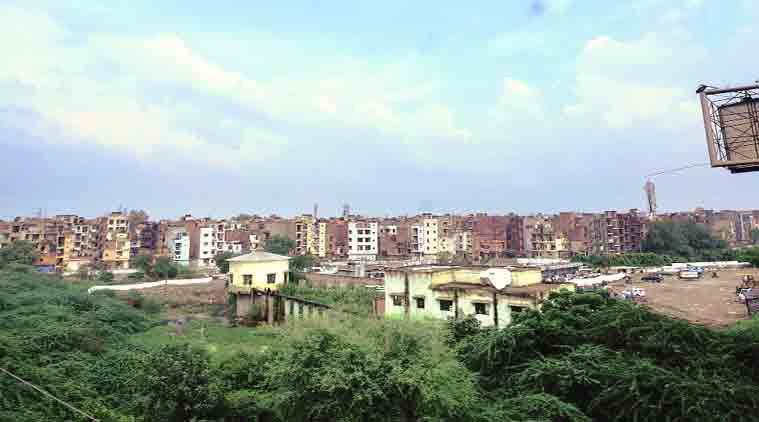- India
- International
State moves to regularise unauthorised structures
The state govt has set up a panel under the BMC commissioner to regularise unauthorised constructions.
 A panel is set up to study the Regularisation of Unauthorised Developments in the City of Ulhasnagar Act. (Source: Express Archive)
A panel is set up to study the Regularisation of Unauthorised Developments in the City of Ulhasnagar Act. (Source: Express Archive)There will soon be relief in sight for descendants of Sindhi migrants who arrived from West Pakistan in course of the partition and made their home in the many refugee camps of Maharashtra. The state government has set up a panel under the BMC commissioner to frame a policy to regularise unauthorised constructions that have mushroomed in these settlements over the past many decades.
The 13-member panel has been appointed after a petition in the Bombay High Court seeking regularisation of the five Sindhi colonies of Mumbai on similar grounds as was provided to the unauthorised structures in India’s largest Sindhi enclave of Ulhasnagar.
The panel is expected to study the Regularisation of Unauthorised Developments in the City of Ulhasnagar Act, 2006, and its applicability to all unauthorised constructions in the erstwhile Sindhi refugee camps across the state and submit its report within three months. “It will also have to suggest ways to prevent further encroachments in these former refugee camps,” said an official from the state Urban Development Department.
In Mumbai alone, such refugee camps occupy a total of 280 acres with the largest being the Sindhi camps in Mulund and Sion Koliwada that are spread over 100 acres each. Around 60 acres is occupied by what is popularly known as Sindhi camp in Chembur and ten acres each by the Thakkar Bappa Colony at CST Road in Chembur and the Wadia Trust Estate Refugee Camp in Kurla.
City historian Deepak Rao said Sindhi refugees, who could afford it, purchased plots in Colaba and Khar where they were once given temporary residence. “The poorer of the lot stayed on in the camps in Chembur, Sion and Mulund, which from 1947 until the seventies were wastelands on the periphery of Mumbai. As their families expanded, they had no option but to unofficially extend their homes as seeking permissions on land that didn’t belong to them would have been a long-drawn out process,” he added. As a result the barracks and RCC buildings with common toilets have expanded vertically and laterally on vacant portions of land without the requisite building sanctions.

Similar settlements also abound in other parts of the state such as Thane, Pune, Nagpur, Amravati, Kolhapur, Gondia and Chalisgaon in Jalgaon district. The panel will also comprise municipal commissioners, or chief officers in case of municipal councils, representing each of these places as also the Secretary of the Maharashtra’s Relief and Rehabilitation department.
The petition says unauthorised extensions have been made by the families of Sindhi descent with the complete complicity of local authorities who now harass the residents through periodic demolition threats.
Apr 19: Latest News
- 01
- 02
- 03
- 04
- 05






































